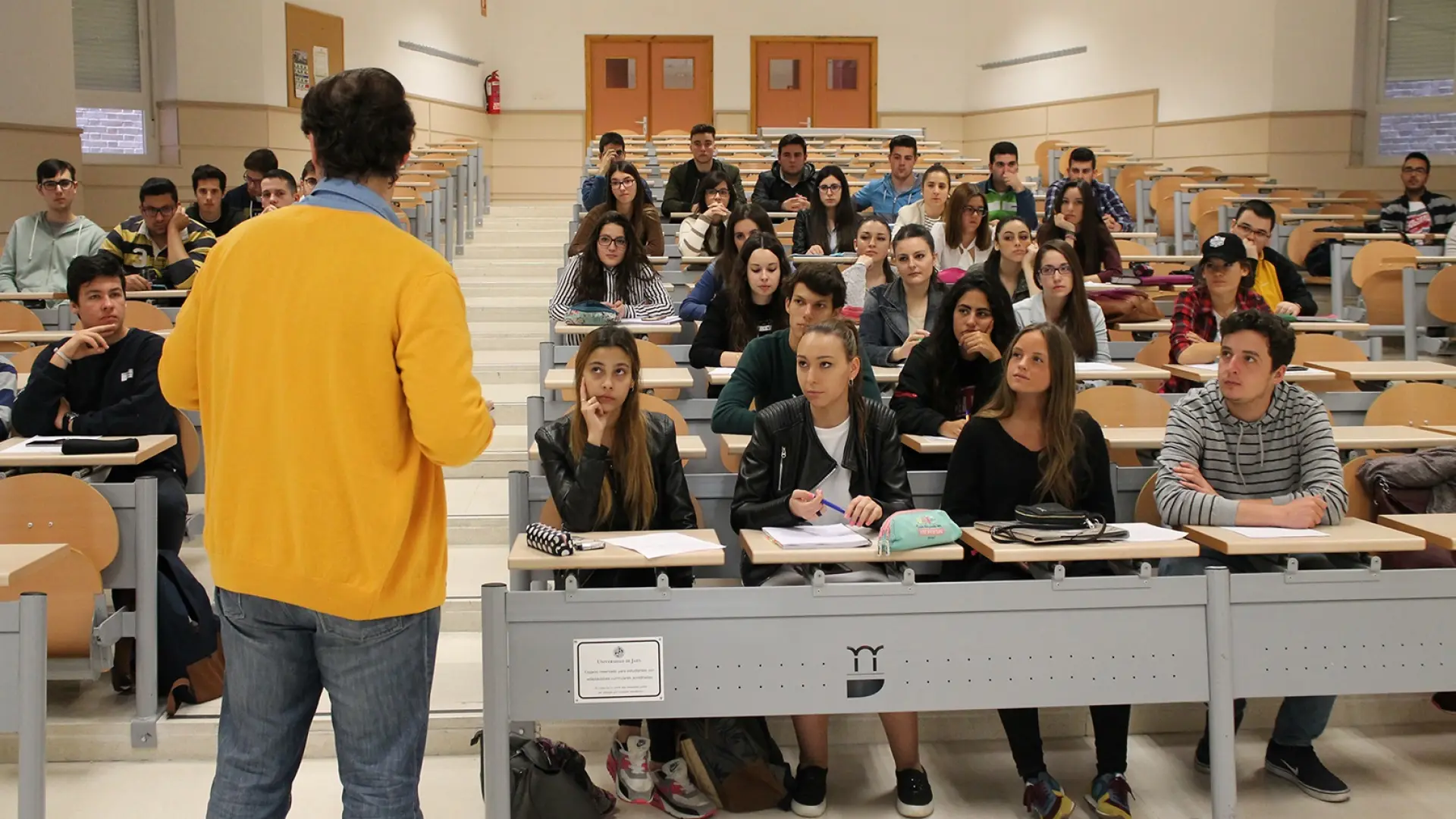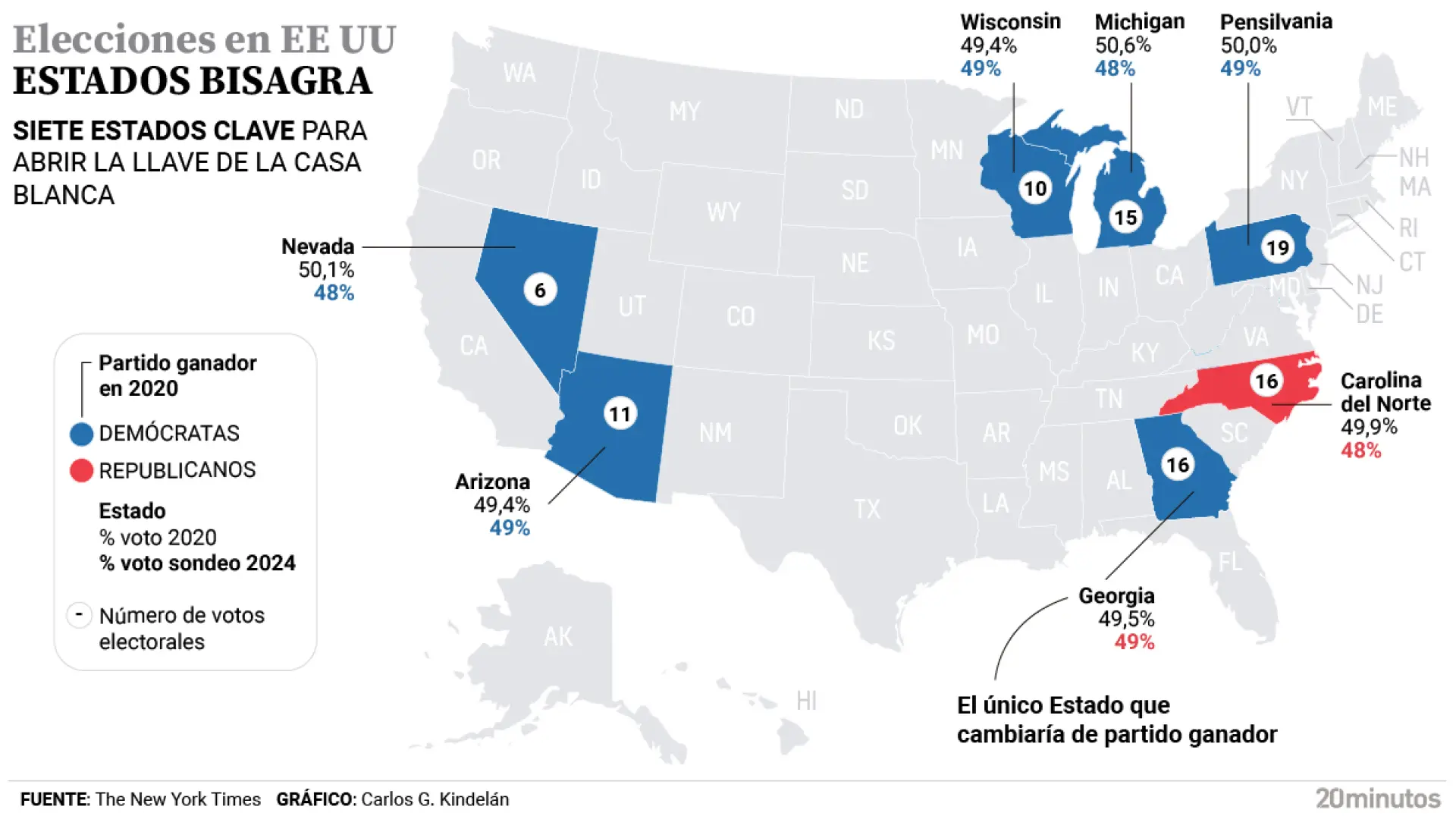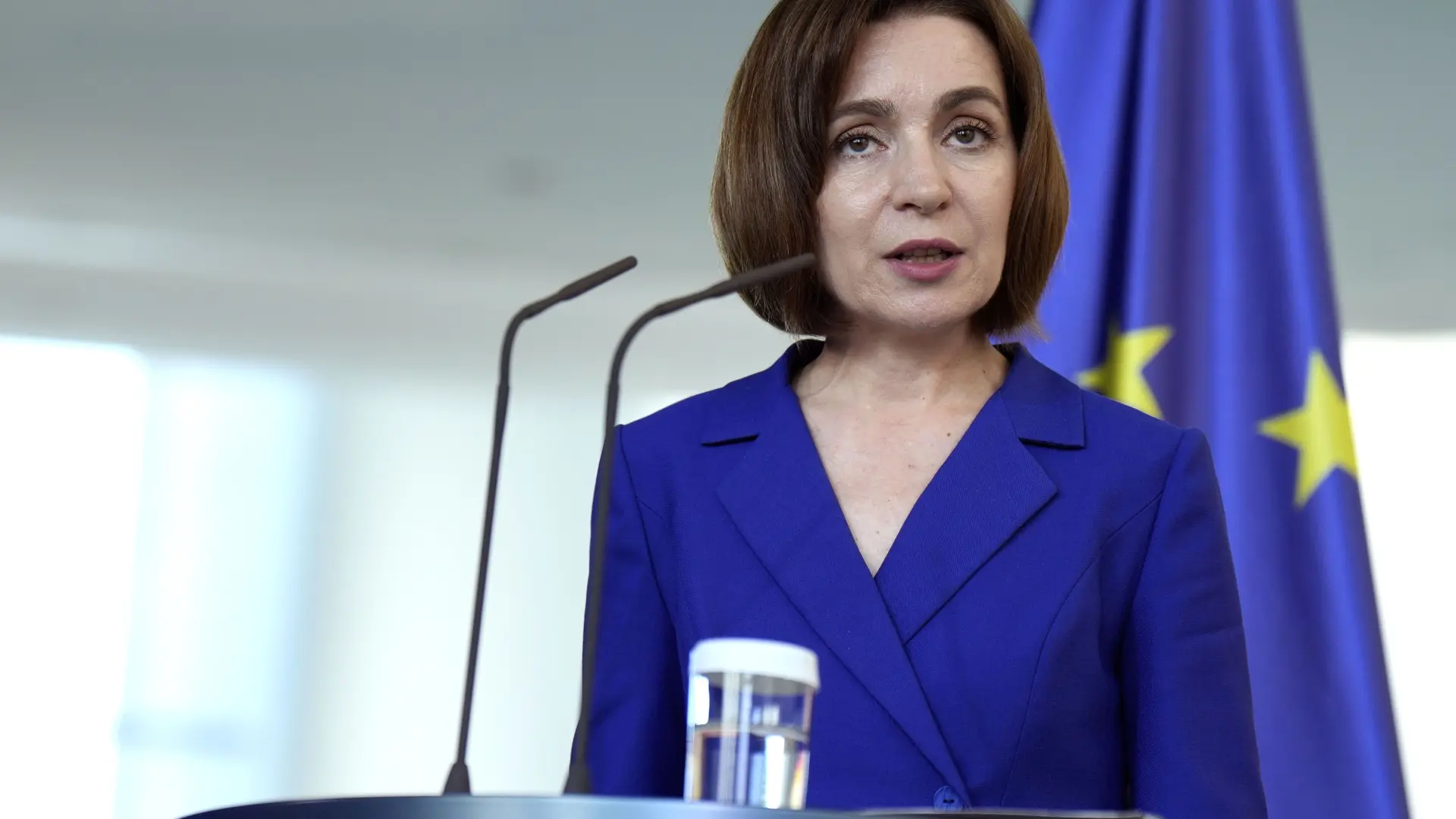If you ask these much less educated about the matter what the biggest benefit of the European Union is, certainly many, particularly the youthful ones, will reply that the Erasmus. One of the nice pillars of the European challenge might now take one other step, as a result of Brussels has proposed the creation of a pan-European university degree, that’s, legitimate in any of the 27 member nations. This, as well as to being an vital step in EU integration, would imply a discount in forms. The final phrase, as nearly at all times, is on the roof of the capitals, however the music sounds fairly good in the European Commission.
Likewise, not solely the private and non-private universities of the group companions would adhere to this common degree, but additionally different non-EU member nations however they’re a part of the Erasmus + program, equivalent to Norway, Turkey or the candidate nations for accession to the Union, as defined days in the past by the vice chairman of the European Commission, Margaritis Schinas. “I’ve little doubt that in a couple of years, The European Title will discover its place subsequent to Schengen, subsequent to Erasmusalong with the single market, along with the euro, as concrete European achievements,” mentioned the Greek, one thing that was joined by the Commissioner for Youth, Iliana Ivanova, who sees this measure as a key step “for Europe to win the race for the expertise”.
However, this method, they insist in Brussels, is just not supposed to “substitute the recognition of diplomas or skilled {qualifications}” from a single establishment, however to provide an “non-obligatory route” to a European qualificationwith the concept that the procedures, for instance in case of adjusting nation and subsequently university, are extra agile. It is subsequently voluntary, however the Commission emphasizes that these measures “deal with authorized and administrative limitations that forestall accomplice universities from creating aggressive joint degree applications degree, grasp’s or doctorate. The proposals are primarily based on the institutional autonomy and educational freedom of universities” whereas “totally respecting the powers of Member States and regional governments in the subject of upper training.”

The group Executive speaks of three legs on this challenge. First, the European-wide degree paves the means, in abstract, “for a brand new sort of joint programme, delivered on a voluntary foundation at nationwide, regional or institutional stage, and primarily based on a common set of standards agreed at European stage.” It consists of two components. On the one hand, a preparatory european label, which might be awarded to joint degree applications that meet the proposed European standards: college students would obtain a European qualification label certificates together with their joint degree. For one other, a European title primarily based, they add, in the common standards and could be anchored in nationwide laws. It could be issued collectively by a number of universities from totally different nations or, the place acceptable, by a European authorized entity created by mentioned universities: college students would obtain an robotically acknowledged “European degree”.
The second pillar It could be the European system of high quality assurance and recognition of upper training, which “invitations Member States and better training establishments to simplify and enhance their high quality assurance processes and practices.” These are needed circumstances for accountability and belief, and for enhancing university outcomes. Member States are invited “to undertake measures enabling increased training establishments adapt applications extra shortly supplied to the wants of society”, concludes the European Commission.
Finally, Brussels calls on EU Member States to give employees concerned in cross-border work in the subject of training and revolutionary educating strategies “the recognition and reward they deserve.” In this fashion, the Commission makes suggestions “to be sure that nationwide increased training techniques deal with the unequal recognition of the numerous capabilities assumed by employees as well as to analysis, equivalent to educating and funding in the integration of sustainable growth.” It additionally encourages Member States to promote transnational academic actions.

Now the ball goes to the court docket, once more, of the 27, who can have to be the ones who form these proposals as a result of training is a competence that falls on the Member States. “Education is a key ingredient of our European lifestyle and a promise to our younger generations. Our universities present graduates with strategic {qualifications} for their future and function beacons of a European model of educational excellence. A European degree is the subsequent step and can permit our universities to work collectively for the profit of scholars, lecturers, entrepreneurs and the competitiveness of Europe,” concluded Schinas.











